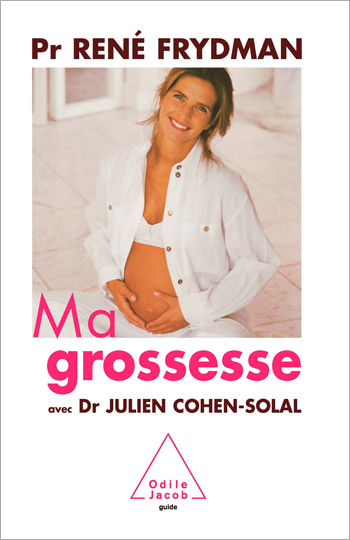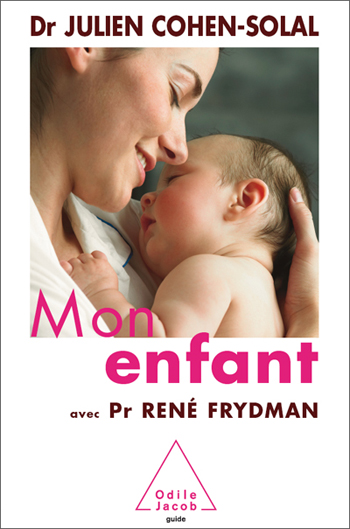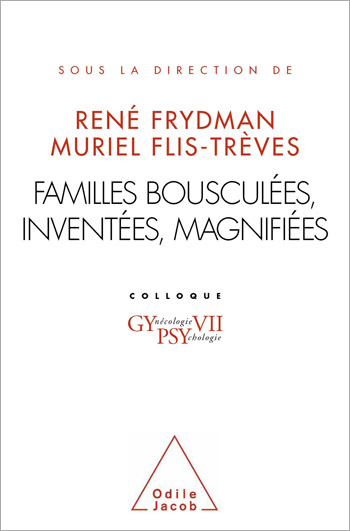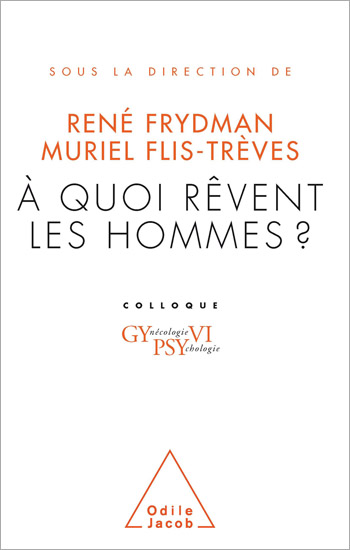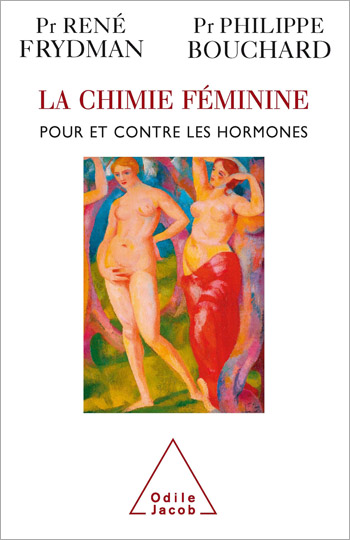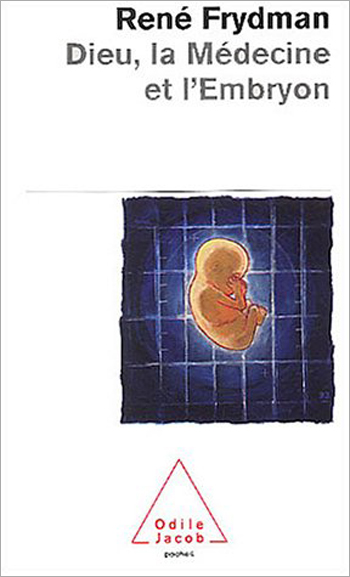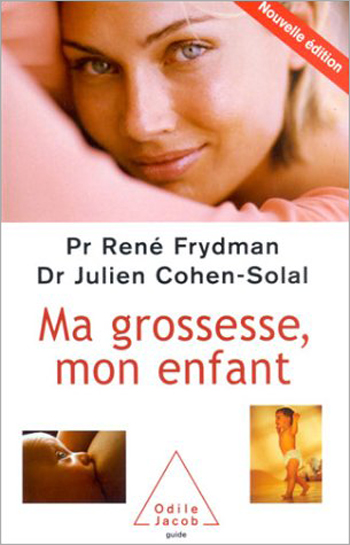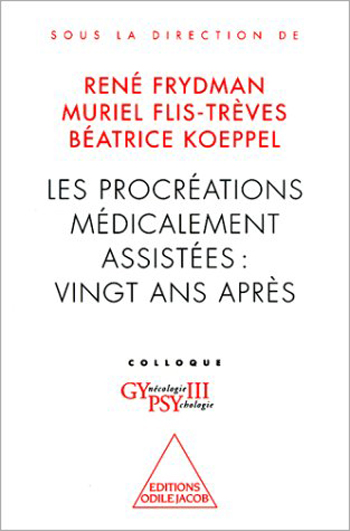René Frydman
Bibliography (12)
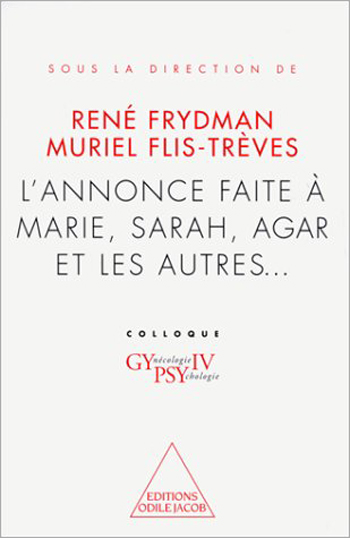
René Frydman, Muriel Flis-Trèves
An Announcement to Marie, Sarah, Agar and the others.... Colloque Gypsy IV
Womens lives are marked by a series of physical events, which may or may not be expected, including pregnancy, illness, foetal malformation or death, and menopause. What effect do these events have? How do women cope and live with them? The reply to these questions is given here by the top specialists in the field, including psychoanalysts, gynaecologists, and philosophers.
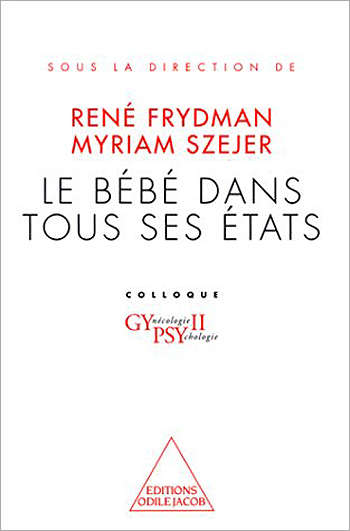
René Frydman, Myriam Szejer
The Baby Through All Stages of Development Gypsy II Conference
Can communication be established with new-born infants? Is it true that certain forms of sensory information can be transmitted to foetuses? How can doctors detect medical disorders which are the expression of psychic suffering in infancy? Can psychoanalysis help to relieve such disorders? To produce this report, paediatricians, midwives, psychotherapists, psychoanalysts, and researchers pooled their experience to provide a better understanding of what makes human beings develop harmoniously. The Gypsy II Conference was held in association with the organisation known as "La Cause des Bébés".

René Frydman
God, Medicine and the Embryo
With ethical questions raised about medically assisted pregnancies and medical experimentation, the eugenics debate has become a mute point. Yet bioethical legislation has remained ambiguous. René Frydman has made himself the ardent defender of progenics, a predictive and humanistic medicine. Here, Frydman reflects on the problem of the human embryo through the different points of view of science, religion, law, and morality, and answers ethical and religious questions that he has been asked by his patients. René Frydman is a gynecologist-obstetrician and a member of the FrenchEthics Committee.
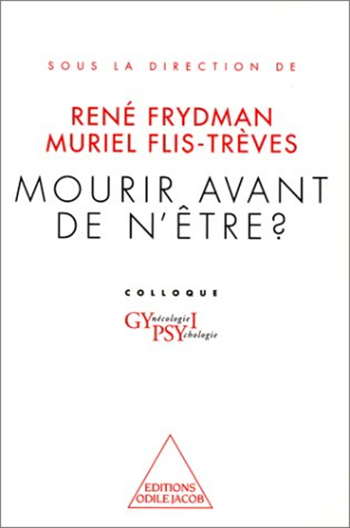
René Frydman, Muriel Flis-Trèves
Dying before living ?
Miscarriages, medical terminations of a pregnancy, embryonic destructions, perinatal mortalities these babies born prematurely dont even have the chance to be properly recognised as a part of this world, leaving their parents to solitude, grief and even a sense of guilt. Isnt it natural that the parents, even if it is painful for them, want to see their child, to name him, to register his existence ? That they need to follow the rituals of bereavement and record the child in the family history ? Doctors, midwives, anthropologists, philosophers, and psychoanalysts ask themselves what their role is when faced with this kind of sudden death, which has the capacity to affect so intensely other lives : how, they ask, can we help these patients along the road of their bereavement ?

